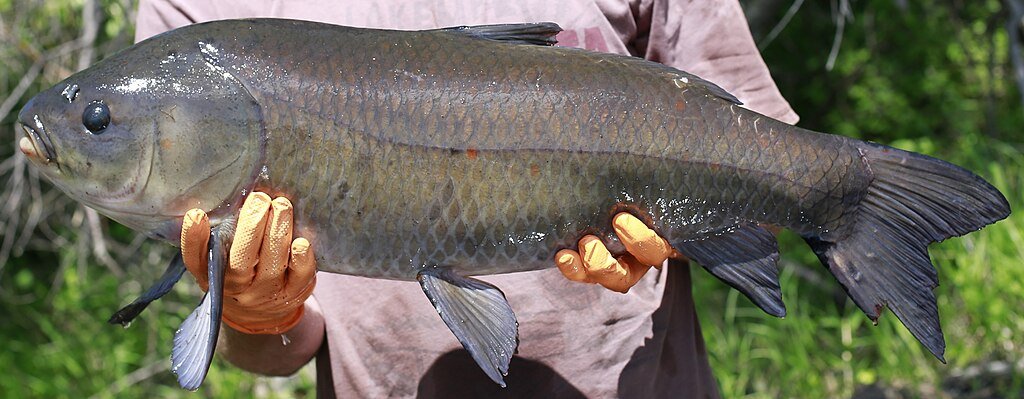Recent studies have revealed a surprising fact about the Bigmouth Buffalo (Ictiobus cyprinellus): some individuals live up to 90 years, making them the longest-lived freshwater teleost fish. This discovery challenges previous assumptions about fish lifespans and raises concerns about conservation efforts.
The Science Behind Their Exceptional Lifespan

Scientists used otolith (ear stone) analysis to determine the age of these fish accurately. Unlike other species that slow down with age, bigmouth buffalo continue to grow and reproduce, making them subjects for longevity research.
Ecological Role and Population Decline

As filter feeders, bigmouth buffalo play an important role in maintaining water quality by controlling plankton populations. However, their population has declined due to habitat destruction, overfishing, and misclassification as invasive species in certain regions.
Conservation Challenges and Efforts
Despite their long lifespan, bigmouth buffalo face significant threats. Conservationists are calling for updated fishing regulations and habitat protection measures to prevent further population declines. Raising awareness about their ecological importance is vital for their survival.
What Their Longevity Teaches Us

Studying bigmouth buffalo could provide valuable insights into aging processes in vertebrates. Their remarkable longevity might hold secrets applicable to human aging and conservation biology.
Source:





